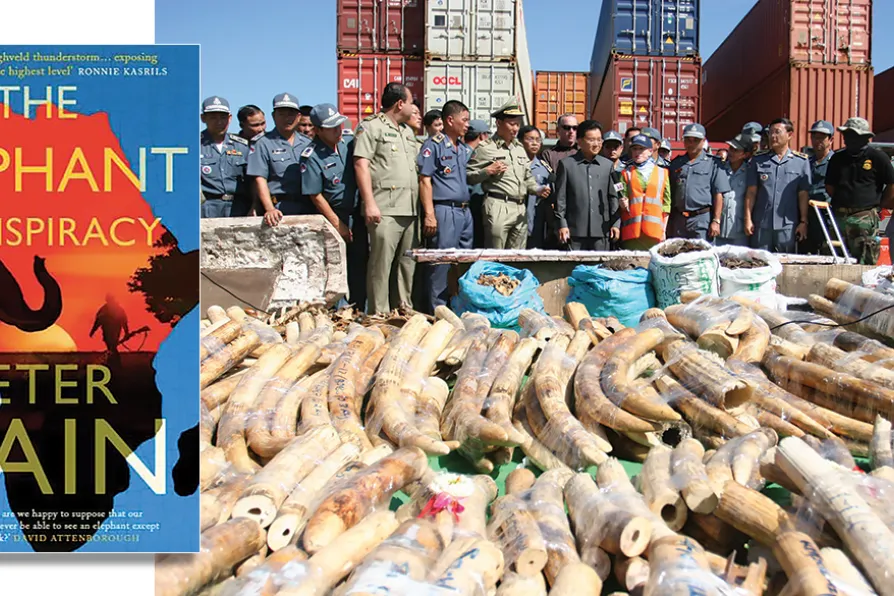New releases from Van Morrison, Tyler Ballgame, and Dry Cleaning

 Cambodian Customs Department seized more than 3 tonnes of Ivory from Mozambique in December 2016
[Andyb3947/CC]
Cambodian Customs Department seized more than 3 tonnes of Ivory from Mozambique in December 2016
[Andyb3947/CC]
The Elephant Conspiracy
by Peter Hain
Muswell Press £14.99
MORNING STAR readers may be familiar with Peter Hain’s previous novel The Rhino Conspiracy. This sequel is equally if not more thrilling.
The author shares his love and expertise on the fight against apartheid both as a native South African, exiled as a child with his parents, and as chair of the Stop the Seventies Tour Committee. He continues to support the fight to overcome the apartheid legacy as honorary vice-president of Action for Southern Africa (ACTSA).
As secretary of state for Northern Ireland in the Blair government he also had an intimate understanding of The Troubles and fills this novel with realistic but exciting events firmly based in the current South African struggle against corruption and state capture.

The shared path of the South African Communist Party and the ANC to the ballot box has found itself at a junction. SABINA PRICE reports

RONNIE KASRILS pays tribute to Ruth First, a fearless fighter against South African apartheid, in the centenary month of her birth












